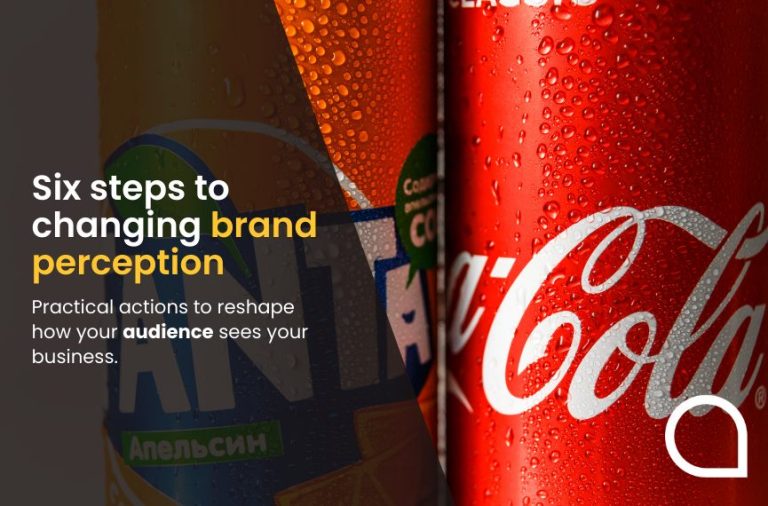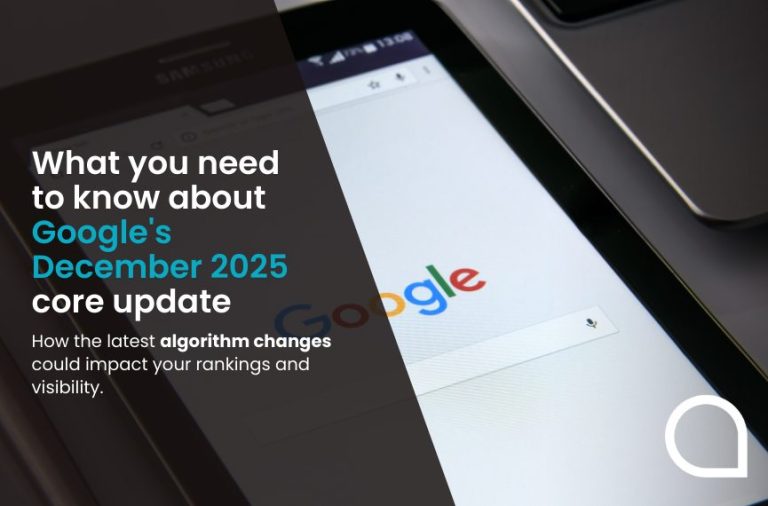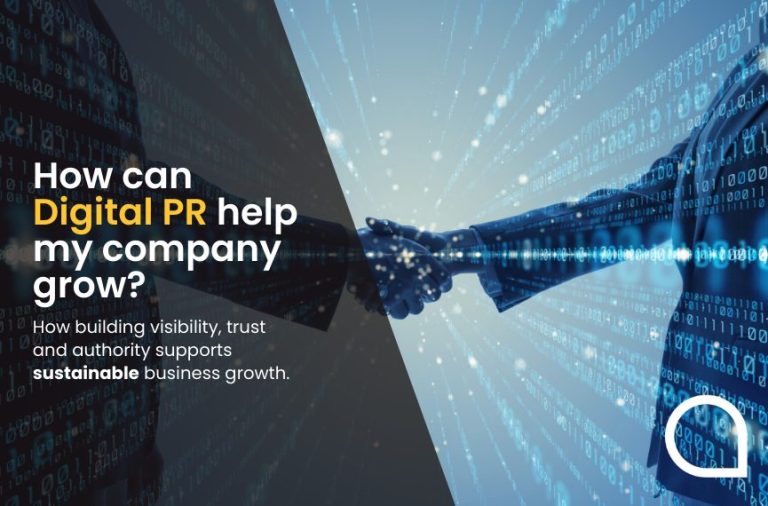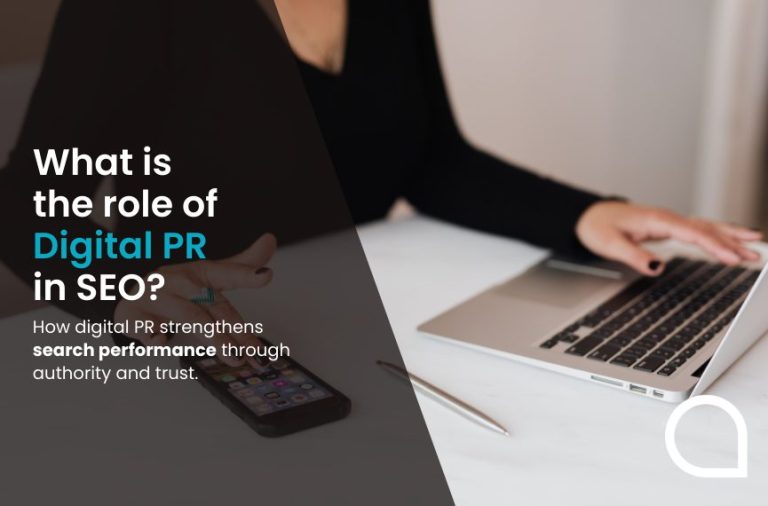While Google enjoys the biggest share of the search engine market (around 90%, according to StatCounter), the second-largest search engine, Bing, shouldn’t be overlooked.
Following Bing’s integration with Open AI and the AI-powered tool, Copilot, website owners that fail to optimise their offer for this search engine could be neglecting a vast user base – one that brings with it significant traffic, engagement, and – importantly – revenue.
Why is optimising for Bing important?
In short, carrying out SEO for Bing is important if you want to maintain or improve your online visibility, but why is this the case when it only has 3.98% of the worldwide search engine market share?
Because in an increasingly AI-powered search landscape, Bing has followed in the footsteps of Google’s AI Overviews by integrating with GPT-powered AI and Microsoft Copilot.
So, if you want to appear in AI-driven search as well as traditional organic search results, then understanding how to optimise your website content for Bing is crucial.
Which areas to prioritise when optimising a website for Bing
Despite being a distinct search entity from Google with its own search algorithms and results, Bing has published its own webmaster guidelines that outline exactly how the search engine finds, indexes, and ranks websites.
While there’s an overlap between Google and Bing’s ranking factors, the latter places greater emphasis on different ranking factors, more so since the integration of AI, such as social signals.
What are Bing's ranking factors?
Unsure where to start when implementing SEO for Bing? Bing pays special attention to:
On-page SEO
Does the on-page SEO include page titles, meta descriptions, and headings?
Content
Is the content high quality, well structured, and easy to read?
Does the site feature optimised image and video content?
Is the content clear, concise, and closely aligned with the search intent?
Backlinks
Are the site’s backlinks from authoritative and relevant domains?
Do the backlinks prioritise quality over quantity?
Technical SEO
Can Bing’s bots easily crawl and index the site (sitemaps)?
How does the site compare in terms of speed, mobile friendliness, security (HTTPS)?
Does the site include structured data, such as schema markup (AI systems extract facts more effectively from clearly formatted pages)?
Social signals
Does the site produce popular and shared content (in the form of shares, likes, reposts, retweets, etc. on social media platforms)?
Is the brand or business being mentioned across social media (this supports brand recognition)?
Local SEO
Does the website have a Bing Places for Business profile (similar to Google Business Profile)?
Common Bing SEO mistakes
Still struggling to rank in the Bing results pages? Some of the most common Bing SEO mistakes include:
Fake social media engagement
Due to the emphasis that Bing places on social signals, any fake social media engagement (such as bot-generated likes and shares or purchased engagement) is not considered useful or valuable.
If the search engine believes you’re trying to manipulate the search results using fake social media engagement, your site’s trust and credibility may be damaged, resulting in either direct or indirect harm to your Bing visibility.
Rigid keyword matching or stuffing
While Bing used to rely heavily on exact match keywords as a ranking factor, the use of large language models (LLMs) means the search engine can now better understand user intent and contextual content.
Bing also penalises the excessive use of keywords (keyword stuffing) as this practice violates its guidelines. In some cases, this practice can lead to website demotion or even delisting.
Instead of using rigid keyword matching and stuffing to manipulate search engines, Bing stipulates that content should be created for real users and readers by producing content that’s clear, concise, and relevant.
Publishing duplicate or scraped content
Using the same content across multiple pages is confusing for users and search engines, and can result in Bing losing trust in the affected URLs over time.
Similarly, scraping or copying content from other websites is considered copyright infringement.
Bing recommends the creation of original content that adds value and differentiates your website from competitors. Plus, thin and generic content is far less likely to be cited in AI results, so it’s important to ensure you stand out from the crowd with useful expertise.
Turn to the experts in AI SEO
Call it what you want – AI SEO, LLM/LLO SEO, AEO – it’s all the same.
These strategies simply involve optimising website content to increase its chances of being found and used in the answers provided by AI-powered search tools.
That’s where Aqueous Digital can help.
As digital marketing experts, we’ve watched the SEO landscape evolve as AI-driven experiences like Google’s AI Overviews and tools like ChatGPT became more popular with online users.
Just like we did with traditional SEO, we want to continue to support our customers with building their online visibility by incorporating AI SEO into the way we do things here at Aqueous Digital.
So, if you’re ready to take a step away from traditional SEO and towards more effective AI SEO, speak to the experts at Aqueous Digital today. Simply head online to book your free, no-obligation consultation.
Alongside reaching out online, you can also get in touch via:





